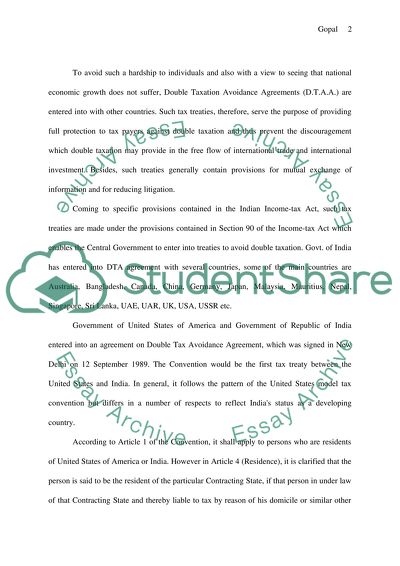Cite this document
(Tax Treaty Comparison Between the United States and India Essay, n.d.)
Tax Treaty Comparison Between the United States and India Essay. https://studentshare.org/finance-accounting/1522249-tax-treaty-comparison-between-the-united-states-and-india
Tax Treaty Comparison Between the United States and India Essay. https://studentshare.org/finance-accounting/1522249-tax-treaty-comparison-between-the-united-states-and-india
(Tax Treaty Comparison Between the United States and India Essay)
Tax Treaty Comparison Between the United States and India Essay. https://studentshare.org/finance-accounting/1522249-tax-treaty-comparison-between-the-united-states-and-india.
Tax Treaty Comparison Between the United States and India Essay. https://studentshare.org/finance-accounting/1522249-tax-treaty-comparison-between-the-united-states-and-india.
“Tax Treaty Comparison Between the United States and India Essay”. https://studentshare.org/finance-accounting/1522249-tax-treaty-comparison-between-the-united-states-and-india.


